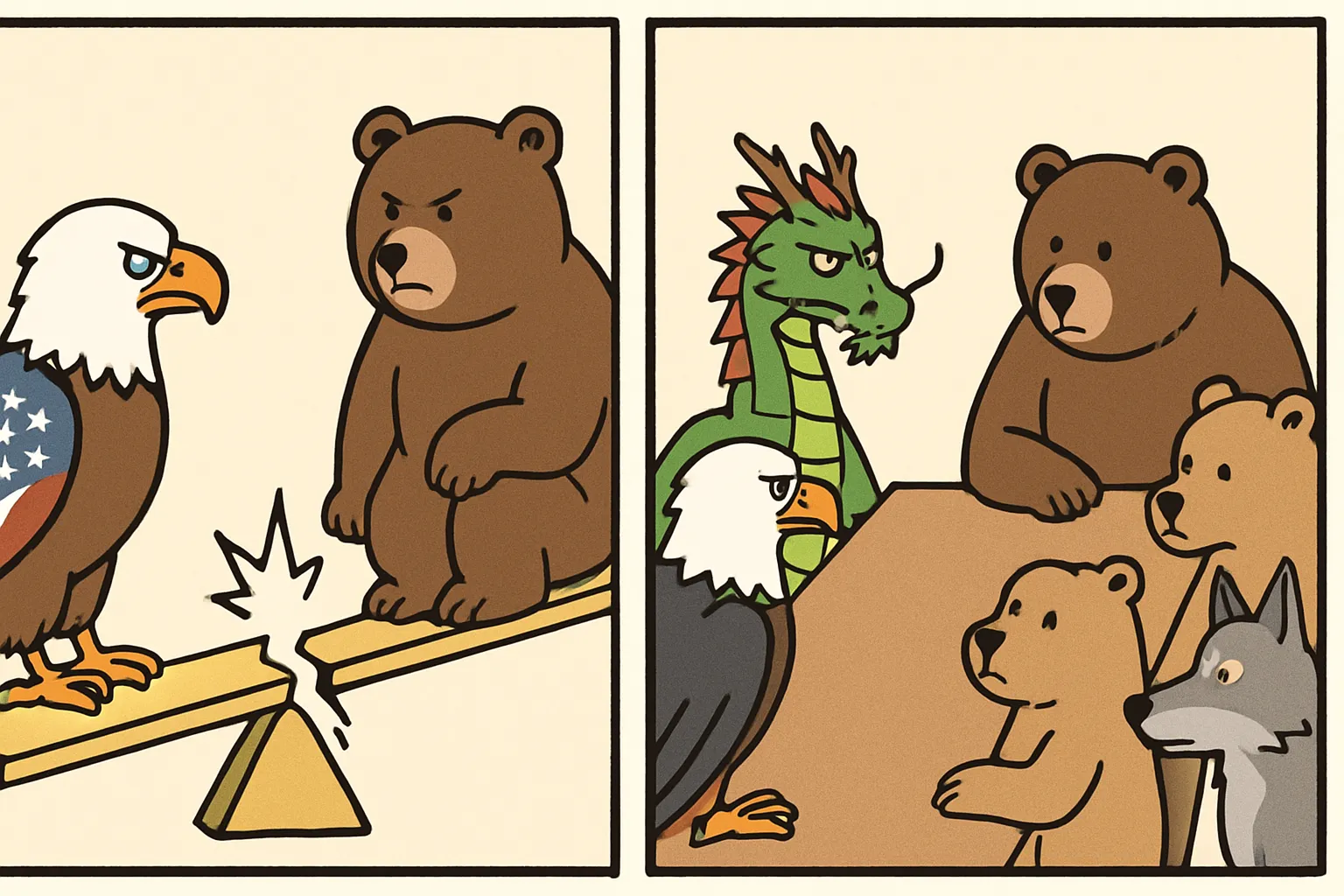From ‘Oh No’ to ‘Bravo!’: Ace Your Team Presentation in Korean
Hello! This is Daily Hangeul (매일한글), here to upgrade your Korean skills! ✨
Have you ever had a team project for a class or a big presentation at work? It can be stressful, right? Especially in a different language! Today, we’re going to learn the essential Korean phrases you need to successfully prepare for a final presentation with your team.
In Korea these days, team projects, known as ‘팀플’ (tim-peul), are a huge part of university and work life. Mastering team communication is your secret weapon to success. Let’s learn how to be an amazing team player and impress your classmates or colleagues!
Core Expressions for Perfect Teamwork
Here are four key phrases that will make your team project run smoothly from start to finish.
1. 자료 조사는 누가 맡을까요? (Who will be in charge of the research?)
- Pronunciation [Romanization]: Ja-ryo jo-sa-neun nu-ga ma-teul-kka-yo?
- English Meaning: Who will be in charge of the research? / Who should take on the research?
- Detailed Explanation: This is the perfect phrase to kick off a project and start dividing roles. 맡다 (mat-da) means “to take charge of” or “to be responsible for.” The grammar pattern -(으)ㄹ까요? (-eulkka-yo?) is a gentle way of asking for opinions or making a suggestion (“Shall we…? / I wonder…”). It’s much more collaborative than just assigning tasks directly.
2. 각자 파트를 정해서 진행하죠. (Let’s each decide on our parts and proceed.)
- Pronunciation [Romanization]: Gak-ja pa-teu-reul jeong-hae-seo jin-haeng-ha-jyo.
- English Meaning: Let’s each decide on our parts and proceed.
- Detailed Explanation: This phrase shows you’re proactive and ready to get organized. 각자 (gak-ja) means “each” or “individually.” 파트 (pa-teu) is a Konglish (Korean-style English) word for “part.” The verb 정하다 (jeonghada) means “to decide,” and 진행하다 (jinhaenghada) means “to proceed.” The ending -죠 (-jyo) is used to make a suggestion or confirm something you both agree on, like “Let’s do it, right?”
3. 최종 발표 전에 리허설 한번 해보는 게 어때요? (How about we do a rehearsal before the final presentation?)
- Pronunciation [Romanization]: Choe-jong bal-pyo jeo-ne ri-heo-seol han-beon hae-bo-neun ge eo-ttae-yo?
- English Meaning: How about we do a rehearsal before the final presentation?
- Detailed Explanation: Practice makes perfect! This is a fantastic way to suggest a run-through. 최종 발표 (choejong balpyo) means “final presentation,” and 리허설 (riheoseol) is another Konglish word for “rehearsal.” The key grammar here is -는 게 어때요? (-neun ge eottaeyo?), which is a very common and friendly way to say, “How about doing…?”
4. 피드백 좀 부탁드려요. (Could I get some feedback, please?)
- Pronunciation [Romanization]: Pi-deu-baek jom bu-tak-deu-ryeo-yo.
- English Meaning: Could I get some feedback, please? / I’d appreciate your feedback.
- Detailed Explanation: Collaboration is all about improvement. 피드백 (pideubaek) is, you guessed it, “feedback”! 부탁드려요 (butakdeuryeoyo) is a polite way to say “I ask for a favor” or “please.” Using this phrase shows that you value your teammates’ opinions and are committed to making the final product the best it can be.
Example Dialogue: A K-Webtoon Marketing Team
Let’s see how these phrases work in a real conversation! Team members A (Sujin) and B (Mark) are preparing a presentation on a new webtoon platform.
A (Sujin): 마크 씨, 우리 발표 준비 시작해야죠. 자료 조사는 누가 맡을까요?
Mark, we should start our presentation prep. Who will be in charge of the research?
B (Mark): 제가 시장 분석을 맡을게요. 각자 파트를 정해서 진행하죠. 수진 씨는 경쟁사 분석을 부탁드려요.
I’ll take on the market analysis. Let’s each decide on our parts and proceed. Sujin, could you please handle the competitor analysis?
A (Sujin): 좋아요! 그럼 최종 발표 전에 리허설 한번 해보는 게 어때요?
Sounds good! In that case, how about we do a rehearsal before the final presentation?
B (Mark): 좋은 생각이에요! 리허설 끝나고 서로 피드백 좀 부탁드려요. 완벽하게 해내고 싶어요.
That’s a great idea! After the rehearsal, let’s ask each other for feedback. I want to nail this perfectly.
Culture Tip: Surviving ‘팀플 지옥’ (Team Project Hell)
In Korea, university team projects (‘팀플’) are famous for being intense. There’s even a term, ‘팀플 지옥’ (tim-peul ji-ok), which means “team project hell”! This often refers to situations where one person does all the work while others are “free-riders” (무임승차 / mu-im-seung-cha).
So, how do you avoid this? By using clear, proactive, and polite communication from the very beginning! The phrases we learned today—like “자료 조사는 누가 맡을까요?” and “각자 파트를 정하죠”—are your best tools. They establish clear roles and responsibilities, making it difficult for anyone to slack off. In a Korean workplace, this kind of collaborative communication is highly valued and shows that you are a competent and engaged team player.
Let’s Review & Practice!
Great job today! You’ve learned four powerful phrases to help you shine in any Korean team project. You now know how to divide roles, suggest a plan, propose a rehearsal, and ask for feedback.
Now, it’s your turn to practice!
- Fill in the Blank: You think your team needs to practice before the big day. You say:
“최종 발표 전에 ________ 한번 해보는 게 어때요?”
- Make a Sentence: You’ve just finished your part of the project and want your teammate’s opinion. How do you politely ask for it? (Hint: Use the Konglish word for ‘feedback’).
Leave your answers in the comments below using the expressions we learned today! We’d love to see you try them out. 화이팅! (Hwaiting!) 🚀






